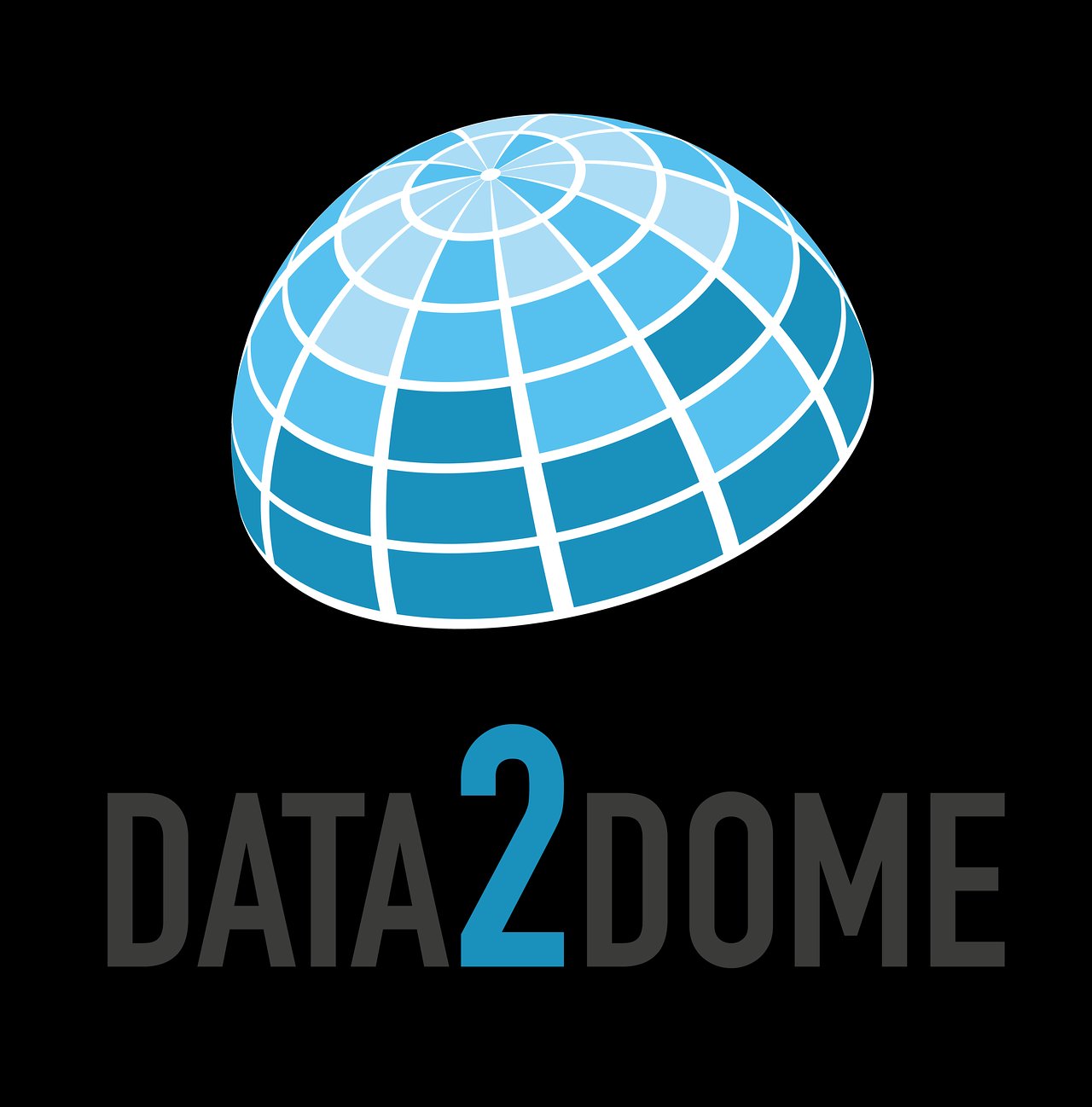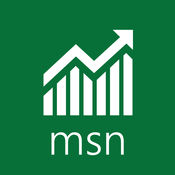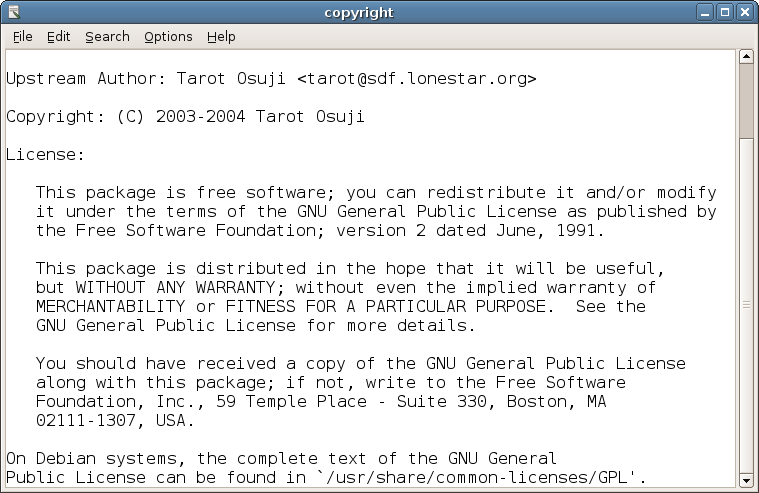|
Quicken Interchange Format
Quicken Interchange Format (QIF) is an open specification for reading and writing financial data to media (i.e. files). Background Although still widely used, QIF is a format older than Open Financial Exchange (OFX). The inability to reconcile imported transactions against the current account information is one of the primary shortcomings of QIF. Most personal money management software, such as Microsoft Money, GnuCash and Quicken's low end products (e.g. Quicken Personal and Quicken Personal Plus), can read QIF files to import information. Intuit's Quicken used to be able to import QIF, too, but with its 2006 version it dropped that support for several important account types, including checking, savings, and credit card accounts. The Australian version of Quicken still allows the importing of QIF files for these account types. However, unlike the American version, it is not possible to export data to QIF or any other file type for any account type. The QIF format does not al ... [...More Info...] [...Related Items...] OR: [Wikipedia] [Google] [Baidu] |
Intuit
Intuit Inc. is an American business software company that specializes in financial software. The company is headquartered in Mountain View, California, and the CEO is Sasan Goodarzi. Intuit's products include the tax preparation application TurboTax, personal finance app Mint, the small business accounting program QuickBooks, the credit monitoring service Credit Karma, and email marketing platform Mailchimp. more than 95% of its revenues and earnings come from its activities within the United States. Intuit offers a free online service called TurboTax Free File as well as a similarly named service called TurboTax Free Edition which is not free for most users. In 2019, investigations by ProPublica found that Intuit deliberately steered taxpayers from the free TurboTax Free File to the paid TurboTax Free Edition using tactics including search engine delisting and a deceptive discount targeted to members of the military. Intuit has lobbied extensively against the IRS providin ... [...More Info...] [...Related Items...] OR: [Wikipedia] [Google] [Baidu] |
Open Specification
An open standard is a standard that is openly accessible and usable by anyone. It is also a prerequisite to use open license, non-discrimination and extensibility. Typically, anybody can participate in the development. There is no single definition, and interpretations vary with usage. The terms ''open'' and ''standard'' have a wide range of meanings associated with their usage. There are a number of definitions of open standards which emphasize different aspects of openness, including the openness of the resulting specification, the openness of the drafting process, and the ownership of rights in the standard. The term "standard" is sometimes restricted to technologies approved by formalized committees that are open to participation by all interested parties and operate on a consensus basis. The definitions of the term ''open standard'' used by academics, the European Union, and some of its member governments or parliaments such as Denmark, France, and Spain preclude open standard ... [...More Info...] [...Related Items...] OR: [Wikipedia] [Google] [Baidu] |
Computer File
A computer file is a computer resource for recording data in a computer storage device, primarily identified by its file name. Just as words can be written to paper, so can data be written to a computer file. Files can be shared with and transferred between computers and mobile devices via removable media, networks, or the Internet. Different types of computer files are designed for different purposes. A file may be designed to store an Image, a written message, a video, a computer program, or any wide variety of other kinds of data. Certain files can store multiple data types at once. By using computer programs, a person can open, read, change, save, and close a computer file. Computer files may be reopened, modified, and copied an arbitrary number of times. Files are typically organized in a file system, which tracks file locations on the disk and enables user access. Etymology The word "file" derives from the Latin ''filum'' ("a thread"). "File" was used in the ... [...More Info...] [...Related Items...] OR: [Wikipedia] [Google] [Baidu] |
Open Financial Exchange
Open Financial Exchange (OFX) is a data-stream format for exchanging financial information that evolved from Microsoft's Open Financial Connectivity (OFC) and Intuit's Open Exchange file formats. History Microsoft, Intuit and CheckFree announced the OFX standard on 16 January 1997. The first OFX specification, version 1.0, was released on 14 February 1997. The specification allows for bank- and application-specific extensions, although only a subset is necessary to describe a financial transaction. Versions 1.0 through 1.6 relied on SGML for data exchange, but later versions are XML based. According to the main OFX site, "The specification is freely licensed, allowing any software developer to design an interface that will be supported on the front-end." Support in various countries Many banks in the US let customers use personal financial management software to automatically download their bank statements in OFX format, but most Canadian, United Kingdom and Australian banks d ... [...More Info...] [...Related Items...] OR: [Wikipedia] [Google] [Baidu] |
Microsoft Money
Microsoft Money was a personal finance management software program by Microsoft. It had capabilities for viewing bank account balances, creating budgets, and tracking expenses, among other features. It was designed for computers using the Microsoft Windows operating system, and versions for Windows Mobile were also available (available for Money 2000-2006 on select versions of Windows Mobile, up to, but not including, Windows Mobile 5.0). Microsoft developed Money to compete with Quicken, another personal finance management software. Money is no longer being actively developed as a retail program. From its inception in 1991 until its discontinuation in 2009, Microsoft Money was commercial software. Microsoft discontinued sales of the software on June 30, 2009 and removed access to online services for existing Money installations in January 2011. In 2010, Microsoft released a replacement version, called Microsoft Money Plus Sunset, which allows users to open and edit Money data f ... [...More Info...] [...Related Items...] OR: [Wikipedia] [Google] [Baidu] |
GnuCash
GnuCash is an accounting software, accounting program that implements a double-entry bookkeeping system. It was initially aimed at developing capabilities similar to Intuit, Inc.'s Quicken application, but also has features for small business accounting. Recent development has been focused on adapting to modern desktop support-library requirements. GnuCash is part of the GNU Project, and runs on Linux, GNU, OpenBSD, FreeBSD, Solaris (operating system), Solaris, macOS, and other Unix-like platforms. A Microsoft Windows (Windows 2000, 2000 or newer) port was made available starting with the 2.2.0 series. History Programming on GnuCash began in 1997, and its first stable release was in 1998. Small Business Accounting was added in 2001. A Mac installer became available in 2004. A Windows port was released in 2007. GnuCash for Android/GnuCash Mobile GnuCash for Android was initially developed as part of a Google_Summer_Of_Code, Google Summer of Code Project. This was an expense-track ... [...More Info...] [...Related Items...] OR: [Wikipedia] [Google] [Baidu] |
Quicken
Quicken is a personal finance management application originally developed and offered by Intuit, Inc. Intuit sold Quicken to H.I.G. Capital in 2016, and H.I.G. sold Quicken to Aquiline Capital Partners in 2021. Quicken runs on Windows and Macintosh systems, though the data is incompatible between the two versions. Earlier versions ran on DOS and the Apple II. Versions of Quicken range from "starter" editions to more advanced offerings. Since 1998, each version has tended to have the release year in the product name (e.g., Quicken Basic 2008); before then, versions were numbered (e.g., Quicken 8 for DOS). Quicken is only available for purchase and use in Canada and the United States, and only in English. Product description The Quicken name typically refers to the core product offering of personal financial management software. The software includes financial planning activities that, historically, people may have done on paper – recording banking transactions, planning ... [...More Info...] [...Related Items...] OR: [Wikipedia] [Google] [Baidu] |
QFX (file Format)
QFX is Intuit's proprietary version of the standard OFX financial interchange file format. QFX is used in Intuit's "Web Connect" and "Direct Connect" features to transmit and receive financial information over the internet. A QFX file is a standard OFX file with additional fields to support a licensing fee paid by institutions to Intuit. In contrast, the standard OFX format is a free and open standard. Intuit's Quicken software will only import QFX files where the providing institution has paid the fee and in some cases passed quality tests, otherwise giving the error message "Quicken is currently unable to verify the financial institution information for this download". The same error message is given for Quicken users attempting to import previously downloaded QFX files with a Quicken subscription that has expired. Quicken 2017 was the last version sold with a 3 year expiration. See also *Open Financial Exchange Open Financial Exchange (OFX) is a data-stream format fo ... [...More Info...] [...Related Items...] OR: [Wikipedia] [Google] [Baidu] |
ASCII
ASCII ( ), abbreviated from American Standard Code for Information Interchange, is a character encoding standard for electronic communication. ASCII codes represent text in computers, telecommunications equipment, and other devices. Because of technical limitations of computer systems at the time it was invented, ASCII has just 128 code points, of which only 95 are , which severely limited its scope. All modern computer systems instead use Unicode, which has millions of code points, but the first 128 of these are the same as the ASCII set. The Internet Assigned Numbers Authority (IANA) prefers the name US-ASCII for this character encoding. ASCII is one of the IEEE milestones. Overview ASCII was developed from telegraph code. Its first commercial use was as a seven-bit teleprinter code promoted by Bell data services. Work on the ASCII standard began in May 1961, with the first meeting of the American Standards Association's (ASA) (now the American National Standards I ... [...More Info...] [...Related Items...] OR: [Wikipedia] [Google] [Baidu] |
Text Editor
A text editor is a type of computer program that edits plain text. Such programs are sometimes known as "notepad" software (e.g. Windows Notepad). Text editors are provided with operating systems and software development packages, and can be used to change files such as configuration files, documentation files and programming language source code. Plain text and rich text There are important differences between plain text (created and edited by text editors) and rich text (such as that created by word processors or desktop publishing software). Plain text exclusively consists of character representation. Each character is represented by a fixed-length sequence of one, two, or four bytes, or as a variable-length sequence of one to four bytes, in accordance to specific character encoding conventions, such as ASCII, ISO/IEC 2022, Shift JIS, UTF-8, or UTF-16. These conventions define many printable characters, but also non-printing characters that control the flow of ... [...More Info...] [...Related Items...] OR: [Wikipedia] [Google] [Baidu] |
QuickBooks
QuickBooks is an accounting software package developed and marketed by Intuit. First introduced in 1983, QuickBooks products are geared mainly toward small and medium-sized businesses and offer on-premises accounting applications as well as cloud-based versions that accept business payments, manage and pay bills, and payroll functions. History Intuit was founded in 1983 by Scott Cook and Tom Proulx in Mountain View, California, USA. After the success of its Quicken product for individual financial management, the company developed similar services for small business owners. Initial release The initial Quicken software did not function as a "double-entry" accounting package. The initial release of QuickBooks was the DOS version that was based on the Quicken codebase. The Windows and Mac versions shared a different codebase that was based on In-House Accountant, which Intuit had acquired. The software was popular among small business owners who had no formal accounting training ... [...More Info...] [...Related Items...] OR: [Wikipedia] [Google] [Baidu] |



